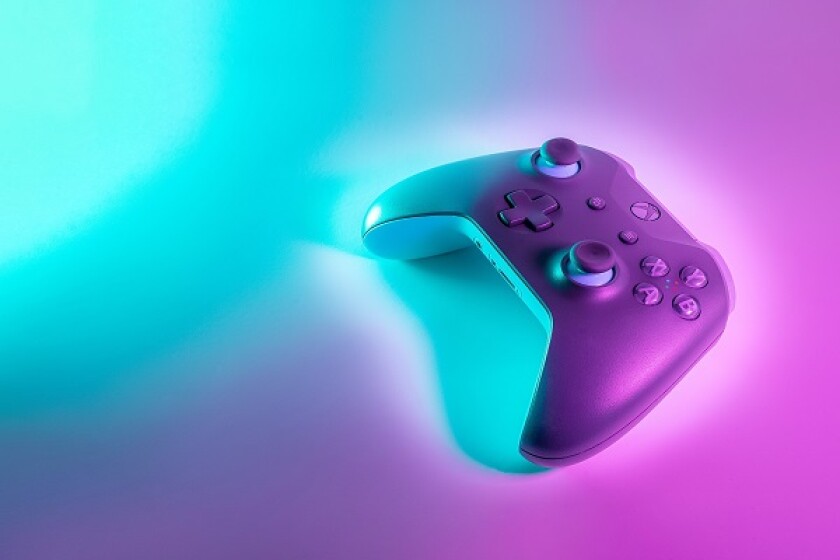On September 15 2021, the Macau SAR Gaming Inspection and Coordination Bureau (the DICJ) announced that it would carry out a comprehensive review of Law 16/2001, gazetted on September 24 2001 (the Gaming Law), which has regulated the gaming industry within the borders of the Macau Special Administrative Region (Macau or the SAR) since 2001.
Shortly thereafter, the DICJ proclaimed its intention to further tackle key industry issues by approving a new framework which would adequately regulate the activity of gaming promoters (commonly known as ‘junkets’), in a concerted effort to come to grips with money laundering and illegal cross-border money flows.
The gaming industry had already been under increased pressure in the wake of the high-profile arrest of the heads of the two largest junket groups operating in the city’s casinos, Suncity and Tak Chun, following months of police investigations into alleged illegal cross-border gaming operations, a move which dealt a heavy blow to the local junket business.
Some changes to the activity of gaming promoters were therefore widely anticipated even before the publication of the first draft of the so-called ‘Legal Framework for the Activity of Operating Games of Chance in Casinos’ (the Gaming Activity Law) in April 2022.
Under the first draft of the new Gaming Activity Law, which, upon approval, will take the place of Administrative Regulation 6/2002, gazetted on April 1 2002, the activity of gaming promotion will be subject to licensing, with any such licenses to be granted solely to limited liability companies with registered office in the Macau SAR and with at least 50% of share capital held by a local permanent resident.
Whereas pursuant to Administrative Regulation 6/2002 gaming promoters may provide their services to one or more of the current six concessionaires, the Gaming Activity Law makes it clear not only that each promoter will be allowed to enter into a gaming promotion agreement with one concessionaire only, but also that such an agreement is conditio sine qua non for obtaining – and maintaining – a license.
Several limitations to the business have also been introduced in an effort to prevent the overall opaqueness which permeated past operations and to ensure that any wrongdoing is promptly and decidedly dealt with. These include, first and foremost, a total ban on requesting, soliciting or accepting deposits, either in the form of cash, gaming chips or other kinds of funds, from gamblers or casino gaming-related entities.
Deposits, which promoters have been allowed to accept on behalf of their patrons for the past 20 years, will become the sole responsibility of concessionaires. In connection with this ban, the government also announced its intention to review Law 5/2004, gazetted on June 14 2004, which governs the provision of credit for gaming.
In addition, any gaming promoter’s employee found to be engaging in these activities may be prosecuted for unlawfully accepting a deposit and will face a penalty of up to five years of imprisonment. This criminal provision is also applicable to promoters themselves, which face heavy fines and even court-ordered winding-up.
One particular area greatly expanded in the Gaming Activity Law is that of joint liability. Aiming to foster an environment where the duties of supervision over gaming promoters are fully honored, concessionaires will be jointly liable for the unlawful acts of junkets, including directors and employees, unless they can prove these were not facilitated by their lack of oversight.
Likewise, gaming promoters will be jointly liable for the unlawful acts of their directors and employees, with shareholders and directors in particular also liable for the payment of taxes, interests, legal charges and overall debts owed by the junket company, even after it ceases operations or is dissolved.
The first draft of the Gaming Activity Law, which also contains provisions applicable to concessionaires and to management companies (traditionally in charge of operating the so-called ‘satellite’ casinos), has already been approved and is now undergoing a series of improvements, which the Legislative Assembly declared were to be made pari-passu with the preparation of the second draft of the Gaming Law. Both are expected to be announced and approved until the end of June of this year.
Although a few more tweaks and changes are bound to take place before the final vote, one fact remains certain: a seismic change is about to take place and the junket business will never be the same in the Macau SAR.
João Nuno Riquito
Managing partner, Riquito Advogados
Paulo Teixeira
Trainee lawyer, Riquito Advogados



